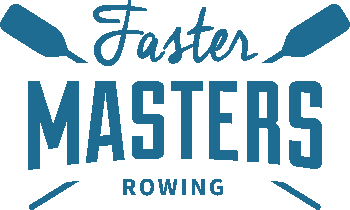Flexibility and mobility aide our rowing. What you can do to keep mobility will help your rowing and sculling.
Resource: Functional Movement Assessment – self test
3 Value Bombs
- Mobility and flexibility aren’t the same
- If you cannot get into the rowing positions, it’s hard to row well
- Regular practice will help you get more mobile
Timestamps
01:00 How can we stay mobile as we age?
Two mornings after a big workout you wake up feeling stiff, tight and tense in your body. Delayed onset muscle soreness (DOMS) has kicked in. Your body does not feel like it normally does.
01:45 Why mobility is important for rowing
Mobility and flexibility are words used interchangeably – but medically they have different meanings. Mobility – ability to move through the full range of motion. The rowing positions we want to be able to achieve. Sit at the finish with good poise, no slump in your lower back and pressure on your feet. Rock forwards with a pelvic tilt so your shoulders are sternwards of your hips. Roll up the slide to full compression with shins vertical, arms wide and is your body able to take the strain of the load from the oars in the water, Flexibility – ability to stretch your muscles, tendons and ligaments. IT is possible to be mobile without being flexible.
03:00 How mobile are you now?
Webinar Functional Movement Assessment – how does your body move to achieve a particular position. This free webinar can be watched on demand from this link.
10 Screening Exercise Tests
Where is your ability on 10 screening exercises? The ebook (free download) sets out the main positions for rowing and sculling. All are useful for you to work out if you can get into the positions for the stroke cycle. The webinar discusses ways to improve your score on the tests. Rowing with compromises affects many masters rowers. The webinar shows you stretches to help you change your body to improve your screening exercise results. These exercises are useful if you want to make a change in your body.
06:00 Changing your body takes time and regular practice
Muscles, tendons and ligaments take time to change, to lengthen and to strengthen. Old injuries or health issues affect our body postures. Setting up a rowing boat to suit each person’s physical mobility is another article. Getting more flexible is something we should all be able to do with regular practice. Morning ritual while brushing my teeth, I stretch my adductors. A challenge for you – improve one or two of your screening tests.
08:00 Coaches can use the tests to screen crews.
Find out whether they can get into the positions you are trying to coach. If athletes cannot get into the positions, you will find it harder to teach technique.
Skill stretch for masters who splay their knees out sideways as they roll up the slide. If you do not have the strength to hold legs parallel. Hold both fists together between your knees and use your legs to squeeze your fists gently. This strengthens the muscles on the outside of your legs and may help to keep your legs parallel.
Find out if your body is mobile and can get into the rowing positions and watch the Functional Movement Assessment free webinar.
Want easy live streams like this? Instant broadcasts to Facebook, YouTube, LinkedIn. Faster Masters uses StreamYard: https://streamyard.com/pal/d/5694205242376192


